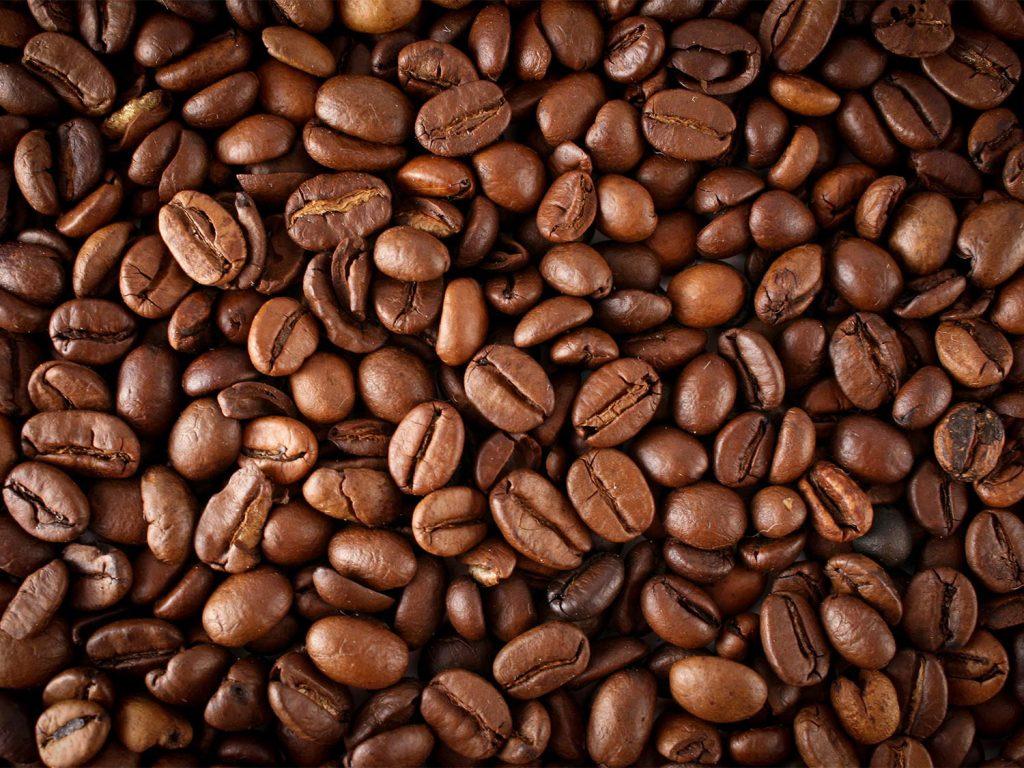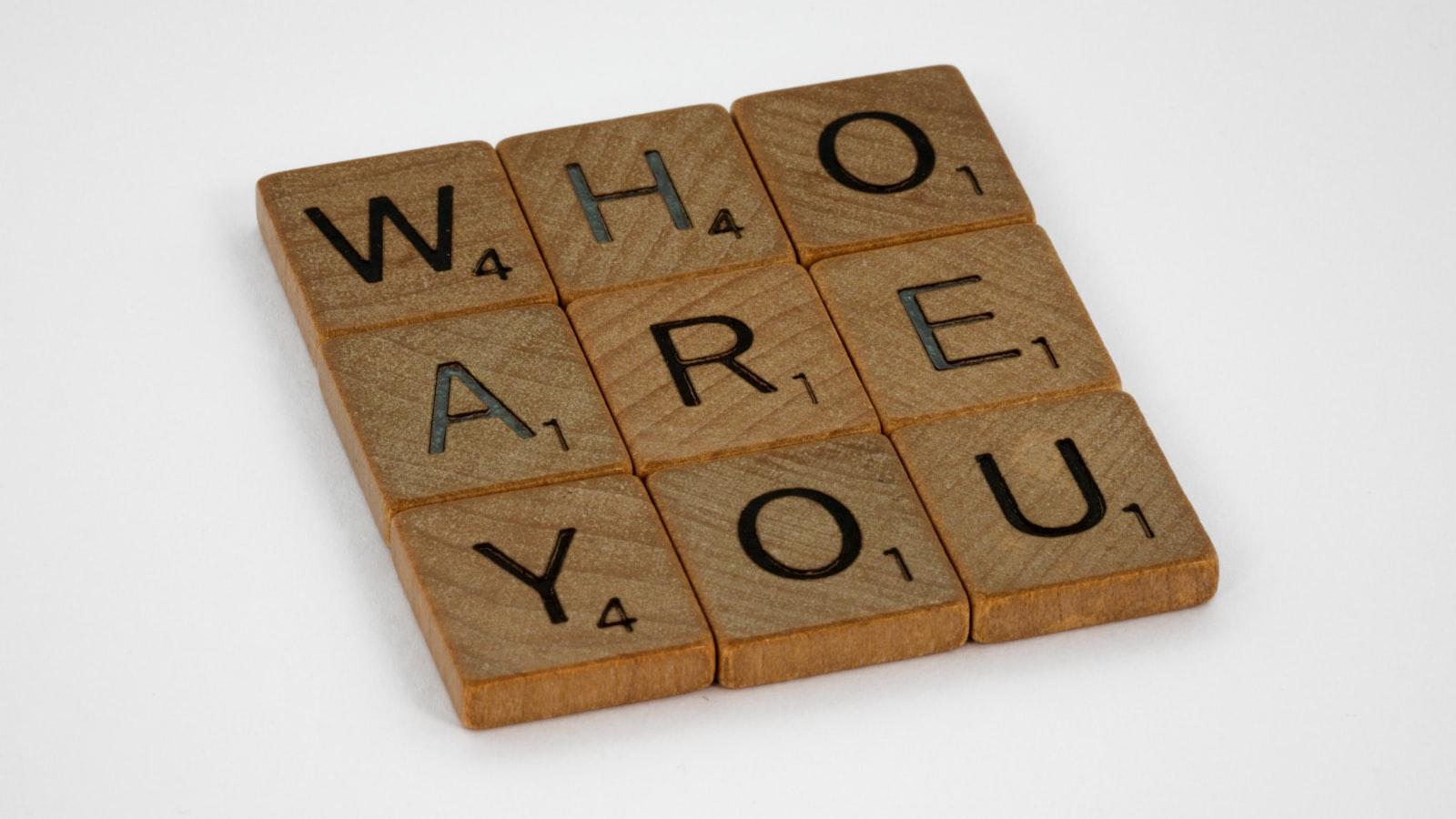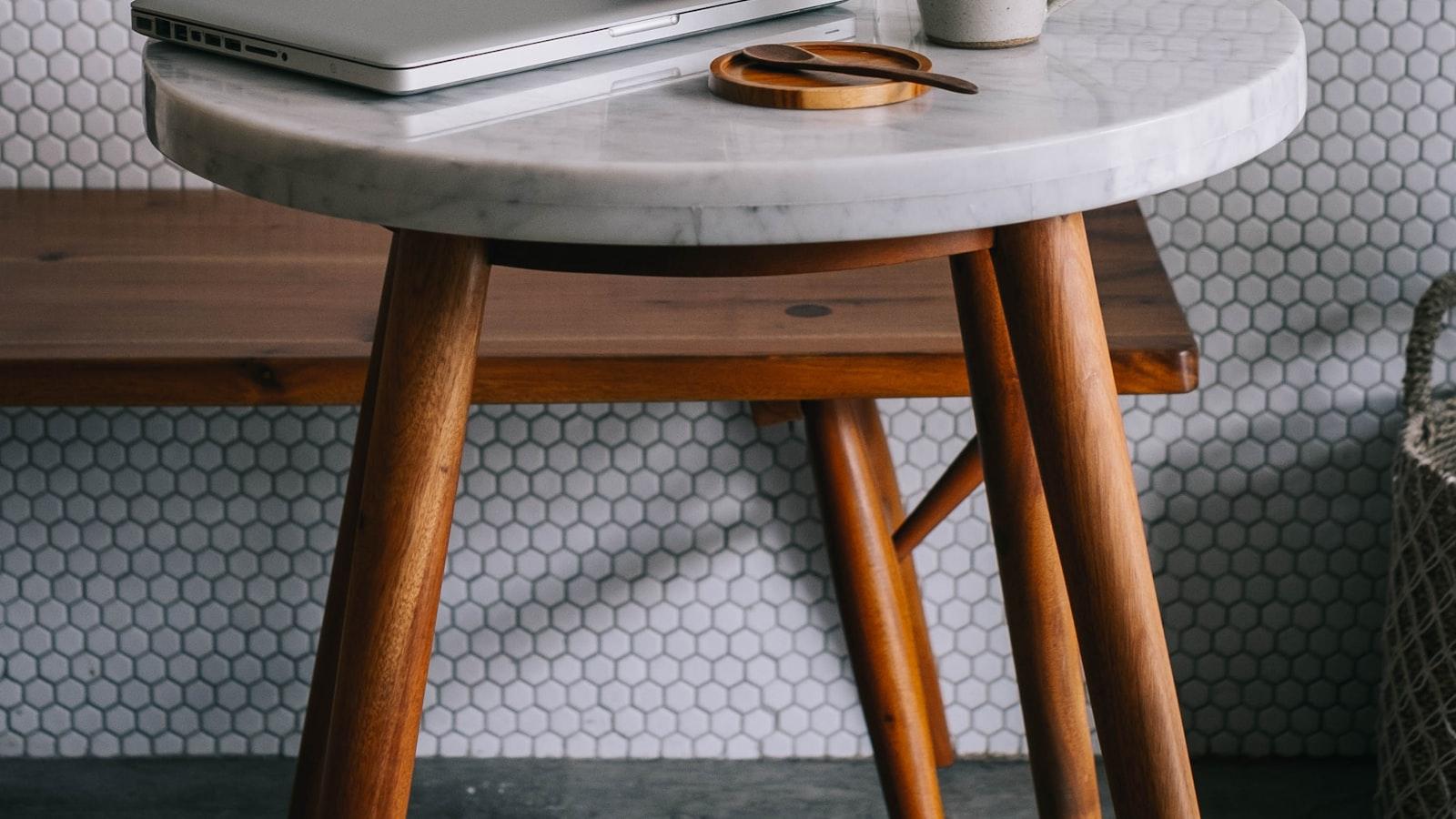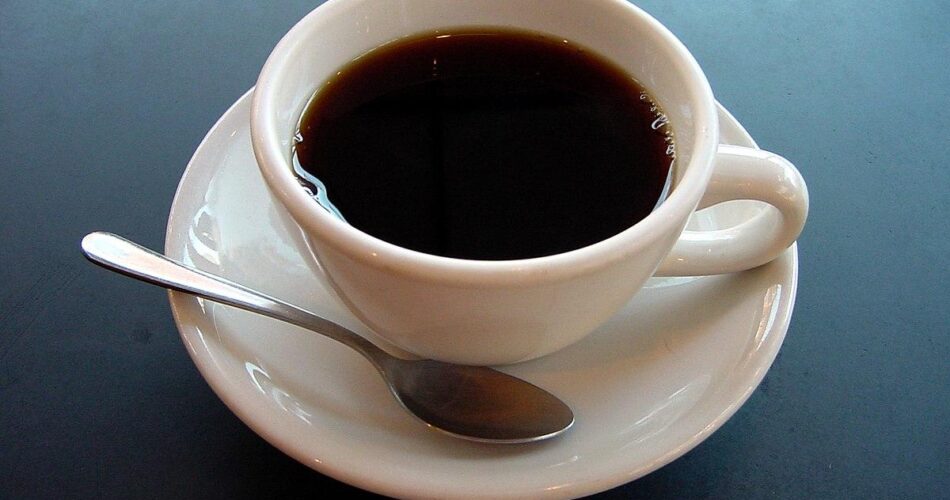In the whirlwind of busy mornings and hectic schedules, a cup of coffee can feel like a lifesaver, a much-needed jolt to kickstart the day. But have you ever stopped to truly savor that first sip, only to be met with a disappointing bitterness that lingers on your palate? Perhaps it’s time to pause and pay closer attention to the quality of your brew. Let’s explore the world of coffee and uncover the secrets to brewing a cup that is anything but bitter.
Table of Contents
- Why Does Your Coffee Taste Bitter?
- Understanding the Factors Contributing to Bitterness
- Tips for Improving Your Coffee’s Flavor Profile
- Exploring Different Brewing Methods for a Better Cup of Coffee
- Q&A
- In Summary

Why Does Your Coffee Taste Bitter?
Have you ever taken a sip of your morning coffee only to be met with a bitter taste that just doesn’t seem right? Don’t ignore it! There are several factors that could be contributing to the bitterness of your coffee, and it’s important to pay attention to them in order to enjoy a better cup of joe.
One common reason for bitterness in coffee is over-extraction. This occurs when the coffee grounds are in contact with water for too long, resulting in an overly strong and bitter taste. Another factor to consider is the quality of the beans you are using – old or stale beans can also contribute to a bitter flavor. Additionally, the water temperature and brewing method can impact the taste of your coffee. By adjusting these variables and paying close attention to your brewing process, you can improve the overall taste of your coffee and enjoy a smoother, more balanced cup.

Understanding the Factors Contributing to Bitterness
When it comes to your daily cup of coffee, bitterness can be a common issue that many people experience. Understanding the factors that contribute to this bitter taste can help you make adjustments to your brewing process and enjoy a smoother, more balanced cup of joe.
Some key factors to consider when it comes to bitterness in coffee include:
- Bean Quality: Using low-quality beans can result in a bitter taste. Opt for high-quality, freshly roasted beans for a more enjoyable coffee experience.
- Grind Size: Finely ground coffee can lead to over-extraction, which can cause bitterness. Experiment with different grind sizes to find the perfect balance.
- Brewing Time: Brewing your coffee for too long can also result in bitterness. Follow the recommended brewing time for your specific brewing method to avoid this issue.

Tips for Improving Your Coffee’s Flavor Profile
Coffee lovers know the disappointment of a bitter cup. But fear not, there are ways to elevate your coffee game and bring out the best flavor profiles in your brew. One important tip is to pay attention to the water temperature when brewing your coffee. Using water that is too hot can extract bitter compounds from the coffee grounds, resulting in a less than ideal taste. Optimal water temperature for brewing coffee is around 195-205°F.
Another essential factor to consider is the quality of your coffee beans. Freshly roasted beans make a world of difference in the flavor of your coffee. Ensure that you store your beans properly in an airtight container away from heat, light, and moisture to preserve their freshness. Additionally, experimenting with different brewing methods such as pour-over, French press, or espresso can help you discover new and delightful flavor notes in your coffee. Don’t be afraid to explore and tailor your brewing process to suit your taste preferences.

Exploring Different Brewing Methods for a Better Cup of Coffee
Are you tired of your morning cup of coffee tasting bitter? It might be time to switch up your brewing method. By exploring different techniques, you can enhance the flavor profile of your coffee and enjoy a better, more satisfying cup every day.
One way to improve the taste of your coffee is by experimenting with brewing times. A longer brewing time can result in a stronger, more robust flavor, while a shorter brewing time can produce a milder, smoother taste. Additionally, try adjusting the water temperature and grind size to see how it affects the overall flavor of your coffee. By paying attention to these details and making small changes, you can elevate your coffee experience and discover a brewing method that suits your taste preferences.
Q&A
Q: Why does my coffee taste bitter?
A: Your coffee may taste bitter due to over-extraction, burnt beans, or improper brewing technique.
Q: How can I prevent my coffee from tasting bitter?
A: To prevent bitter coffee, try adjusting your brewing time, grind size, or water temperature. Also, be sure to use freshly roasted beans.
Q: Why is it important to pay attention to the taste of my coffee?
A: Paying attention to the taste of your coffee allows you to refine your brewing technique and enjoy a better cup of coffee.
Q: Can bitter coffee be fixed?
A: Yes, bitter coffee can be fixed by adjusting your brewing method, experimenting with different beans, or trying a different brewing device.
Q: What are some common mistakes that lead to bitter coffee?
A: Common mistakes that lead to bitter coffee include over-extraction, using stale beans, and using water that is too hot.
Q: How can I develop a more refined palate for coffee?
A: To develop a more refined palate for coffee, try tasting different types of beans, paying attention to the brewing process, and taking notes on the flavor profile of each cup.
In Summary
Next time you take a sip of your morning coffee, take a moment to really taste it. Notice the subtle undertones, the richness, and the bitterness. By paying attention to your coffee, you can truly appreciate the nuances of this beloved beverage. So next time your coffee tastes bitter, don’t just add more sugar – consider how you can adjust your brewing method or try a different type of bean. Your taste buds will thank you for it. Cheers to enjoying every drop of your coffee!
